Department of Zoology
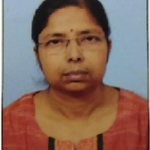
Dr. Debjani Nath
Head of the Department Professor-

Departmental Phone No.
(033)-2582 8750 (Ext. 315)
Fax : +9133-25828282
Established in the year 1961, department of Zoology, University of Kalyani started its journey with Prof. G. K. Manna as the first Head of the Department. Since inception, the department continued to offer both B.Sc. and M.Sc. courses in Zoology. Thereafter from the year 2000 B.Sc. course has been shifted to the colleges affiliated to University of Kalyani and the department continued its journey offering Post Graduate course and research in Zoology. Later in the session 2009-10 semester system was introduced and from the session 2014-15 Choice Based Credit System (CBCS) has been adopted for the two year M.Sc. Course as recommended by University Grants Commission (UGC) of India. The Department also offered M.Phil. degree by distance learning for the period 2008-10. Later M.Phil. course was stopped and the department continued offering M.Sc. and Ph.D.courses in Zoology till then. For the doctoral programme, the department has introduced extensive Course Work following the guidelines of UGC.
Faculties in the department are engaged in various research projects, funded by national and international organizations. During the last five years 22 research projects have been handled by the faculty members of the department. About 500 papers have been published by the department in international journals and 100 papers have been published in national journals of repute which are generally associated with the research in the field of Aquaculture, Ecology, Cancer Biology, Toxicology, Biosystematics and Taxonomy, Molecular Endocrinology and Signaling Pathways and Molecular Parasitology. The Department has several national and international research collaborations.
The Department has been sponsored by DST, Govt. of India to procure sophisticated instruments under its DST-FIST programme as well as by DST PURSE and UGC SAP DRS.
Programmes offered
| Sl. No. | Programme | Duration | Intake capacity | Admission criteria |
|---|---|---|---|---|
| 1 | MSc | Two Years | 72 | |
| 2 | PhD |
8 students/Professor 6 students/ Associate Professor 4 students/ Assistant Professor |
Faculty Profile(Alphabetical Order)
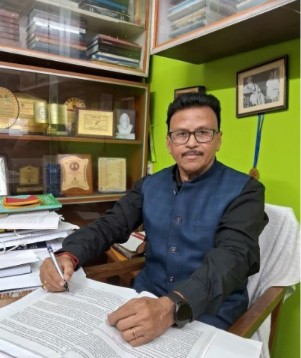
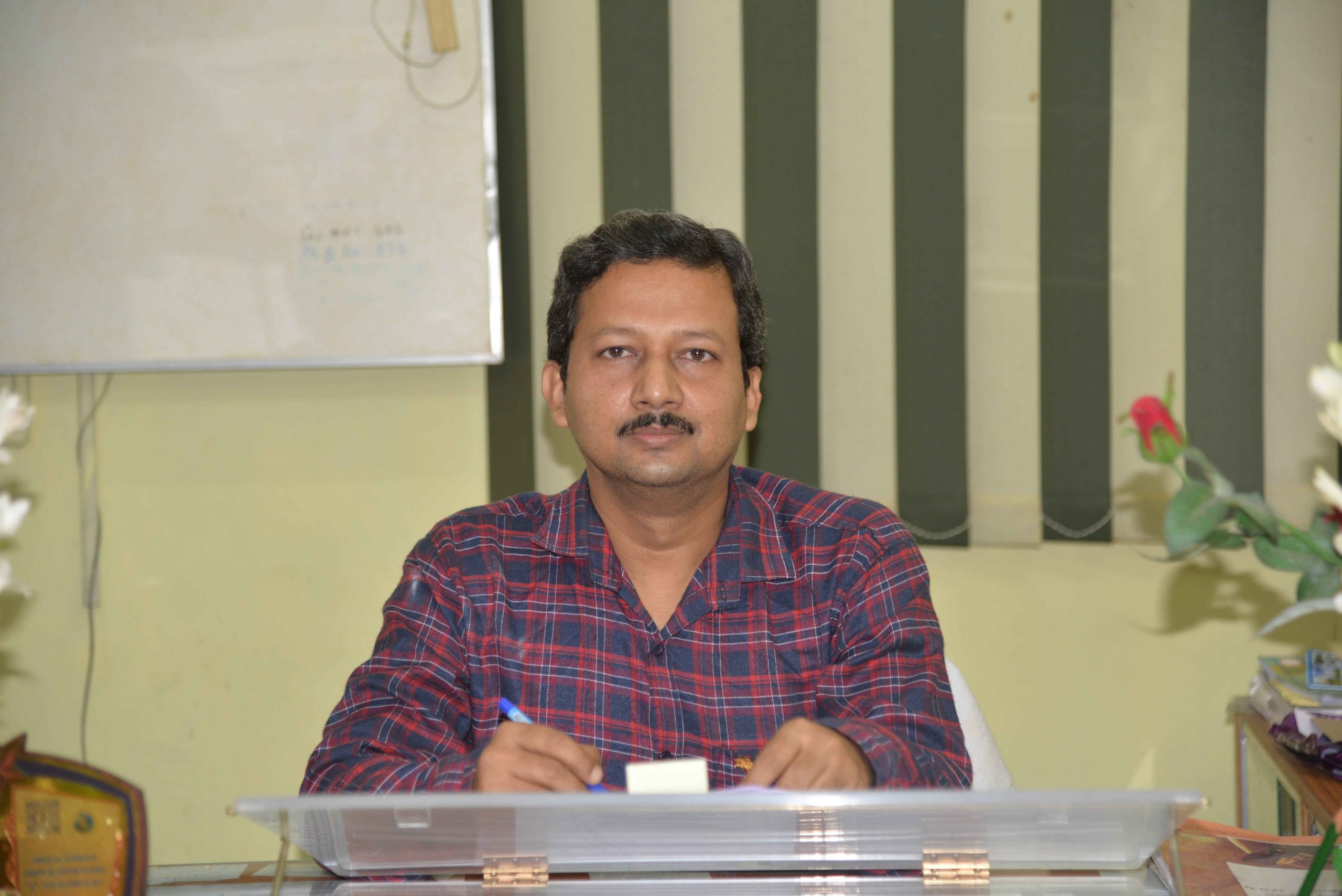
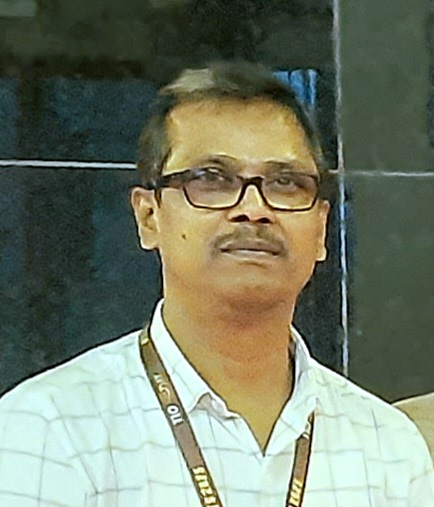
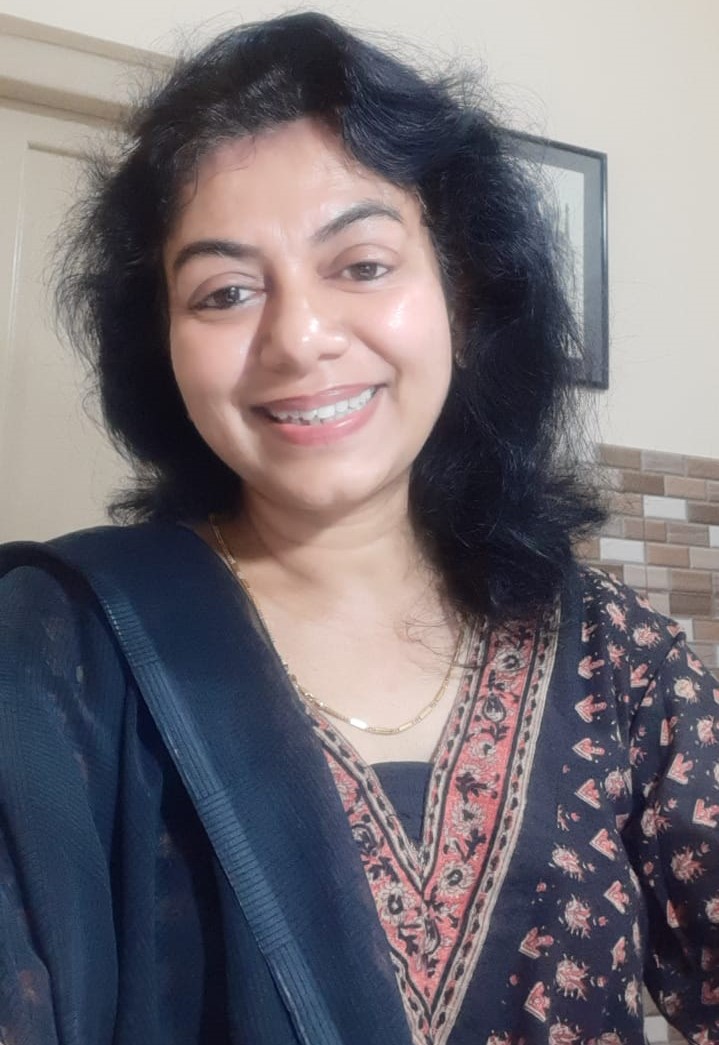
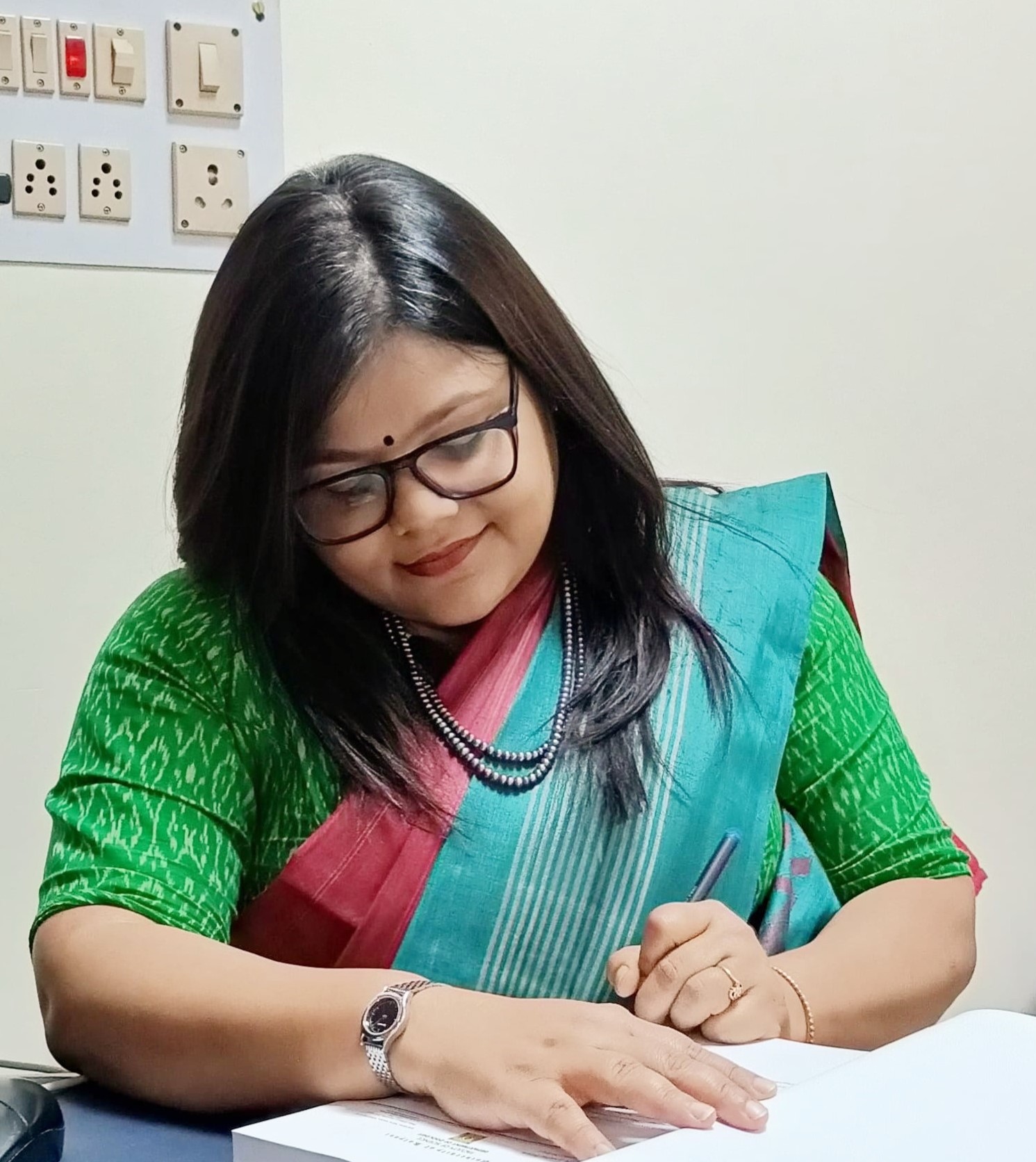
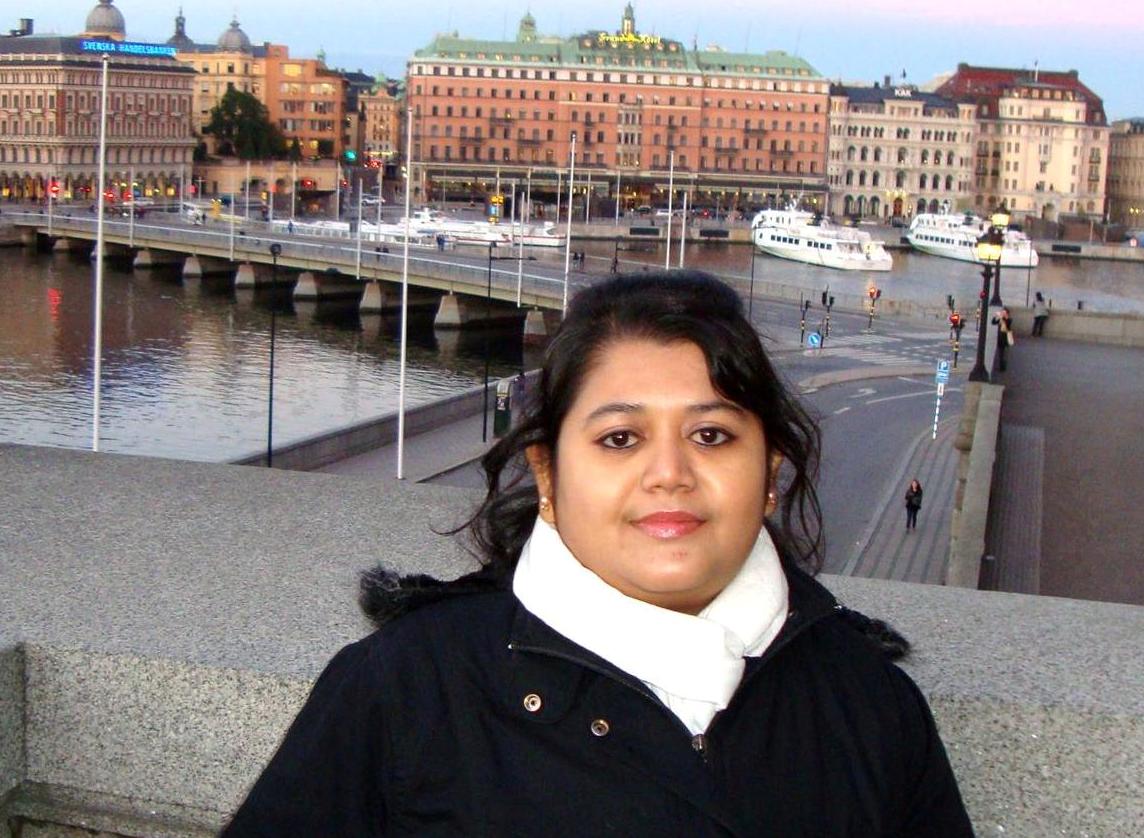
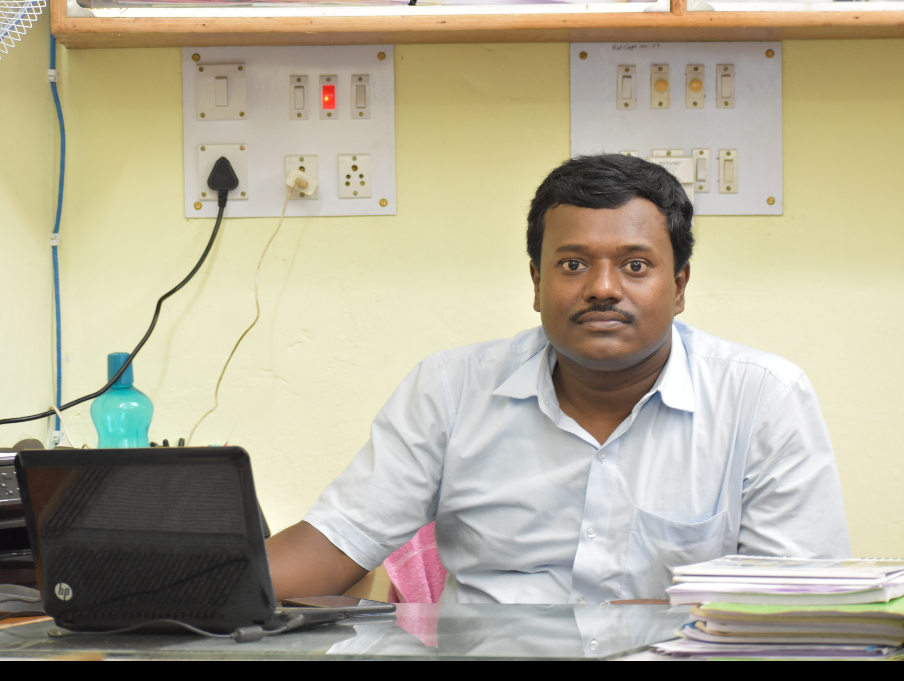
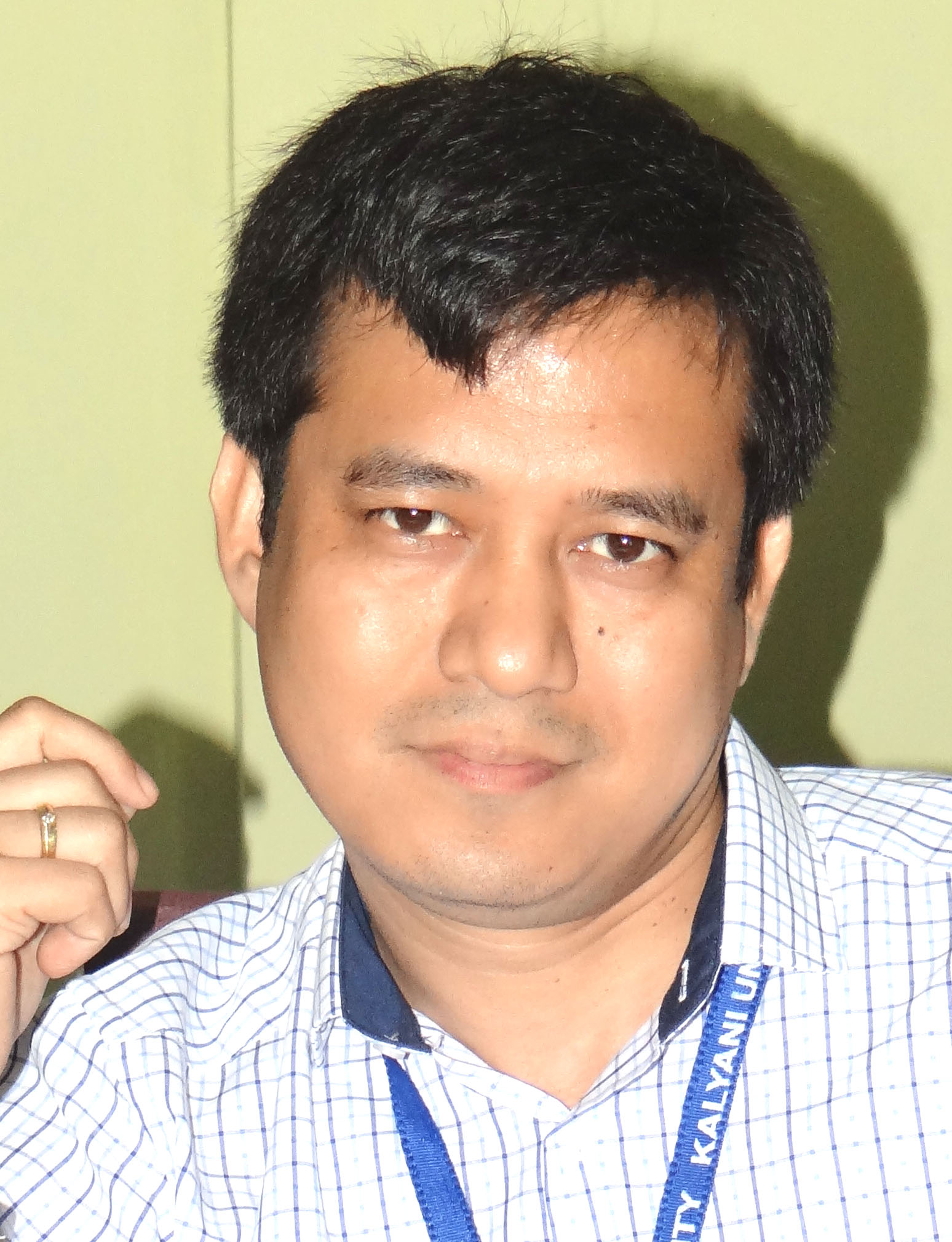
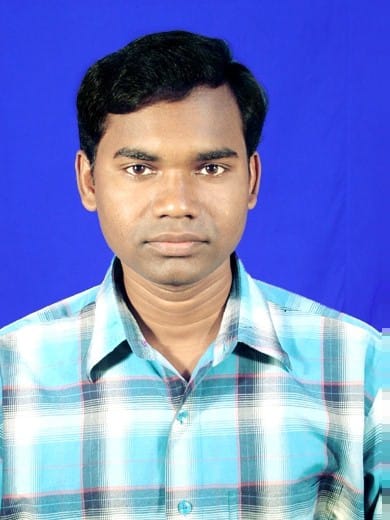
Department Details
Zoology, a part of Biological Science that decodes every fundamental of life of animals, is of immense interest for almost every human being. Our understanding of the foundations of life is constantly growing, becoming more refined and sophisticated with time. As a broad-based biological science department, we form a community dedicated to unraveling the mysteries of the natural world from global ecosystems down to molecular interactions.
We discover new knowledge, motivate young minds, nurture them and train budding scientists as we offer M.Sc. and Ph.D. courses in our department.We have a vibrant and interactive team of faculty members who perform cutting-edge research to addressquestions of relevance to the animal world and human welfare ranging from taxonomical studies of insects and parasitic protozoans to discovery of medicines and cancer research. We inspire our MSc. Students to join in research and industry as well as in other fields where they can share and utilize their learning from this department. In addition to this, Ph.D. training is rooted in innovative, high-impact research.
We also offer open courses to the other departments fostering students’ eagerness to explore the natural world by immersing them in curricula promoting critical thinking, as well as welcoming them into research laboratories to make them active participants in scientific discovery. We reach out to local farmers and fishermen community to spark their interests in science and offer professional help from our side so that they can infuse our knowledge in developing their professional skills. This department also has very enriched and successful alumni and we prefer to keep in touch with them through our reunion programme, cultural programmes and scientific meetings of all forms.
I, as a Head of the Department, welcome you all to join our community.
The mission of the Zoology Department is to provide students with the opportunity to explore life, in all its complexity and diversity. We are committed to excellence in our teaching and research programs.
The department is committed towards the progression of students so that they can acquire –
- Knowledge of basic facts and theories in biology.
- The ability to interpret this knowledge critically and relate that to other subject areas.
- The ability to contribute biological knowledge through research.
- The ability to communicate their understanding with others both within and outside of their field.
- The expertise in academia, industry, and in various administrative fields.
To achieve this mission the department provides a suitable educational and research environment for both students and faculty. To meet the need, the department has established the following vision:
- To provide specialization through elective courses: Students in the department should complete introductory courses that cover the breadth of the discipline. Elective subjects provide opportunities for students to customize their preferences. We have six elective courses: Cytogenetics and Molecular Biology, Endocrinology and Reproductive Biology, Cell and Developmental Biology, Entomology, Fish and Fisheries, Parasitology and Immunology.
- To place biological knowledge in context: Connections should be made at every opportunity between biological knowledge and other disciplines. The department participates in general education by offering seminars/conferences/workshops and skill-enhancement certificate courses.
- To encourage active rather than passive learning: Courses offered by the department emphasize investigative participation in science. Students are taught to think critically and to solve problems. They are provided with summer-internship opportunities to facilitate the process of active learning.
- To improve student communication skills: Within each course, students are required to make written and/or oral presentations. Part of the student research experience includes formal writing and public presentation.
- State of art instrument facilities for promotion of research: The departmental vision includes constant development in terms of upgrading the existing instrument facilities. The department has vision of applying for central funding to facilitate procurement of new instruments to help the faculty and students participate in cutting-edge research and development.
- M.Sc.– Number of students’ intake per year in M.Sc. course is 72.
- Ph.D. – As per the availability of seats under different faculty members and notification issued by the University. The maximum intake structure per faculty is as follows –
8 students/Professor
6 students/ Associate Professor
4 students/ Assistant Professor
-
- Post-doctoral Research: As per availability of fellowship.
The department provides quality teaching in both theory and practical classes with updated ICT techniques and methods along with the traditional ones. The department is also planning for providing online courses to international students through Massive Open Online Course in Zoology.
The department implements Choice Based Credit System (CBCS) course structure for the M.Sc.programme.
The Ph.D. Course-work teaching plan is consistent with the University’s Course-work plan for the faculty of Science. As a part of the department, we offer the subject oriented course work in the department. The teaching plan also includes a review work and its presentation.
The department extends state of the art facilities to both the M.Sc. and Ph.D. students.
- Classrooms & General Laboratories
There are two fully air-conditioned class rooms for the post graduate students with overhead and LCD projector facilities, of which one may be used as a virtual classroom having all facilities. The department also has six class rooms allotted for the elective papers like Cytogenetics and Molecular Biology, Endocrinology and Reproductive Biology, Fisheries, Entomology, Parasitology and Cell and Developmental Biology.
There are three well equipped practical rooms in the department which are utilized for the general practical classes. In addition to this, there are Chemical Preparation rooms utilized for the preparation of chemicals for practical classes.
- Central Computing Hub
Department has a Computer Hub with 10 computers having high speed internet connection in the Reference Library which can be accessed by the post graduate students as well as by the research scholars of the department. Access to e-journals, journals subscribed by University of Kalyani can be accessed from this computer Hub. Printing and scanning facilities are also available for students as per their requirements.
- Reference Library for Faculties
The department houses a reference library for the students, research scholars and faculties.
D.Central Instrument Rooms
Two centralized instrument rooms with state of art facilities like Real Time PCR System, Atomic Absorption Spectrophotometer (AAS), HPLC, Ultra Centrifuge, UV-Visible Spectrophotometer, ELISA Plate reader and Cold Centrifuge are maintained in the department. Departmental Grants like DST-FIST, UGC-SAP and the University of Kalyani’s DST-PURSE programme were used to procure instruments for the central facility. The instrument rooms are also connected with internet facilities of the University. The instruments are used by post-graduate students of the department for their practical classes and by research scholars of the department as well as from other departments of the university on a regular basis. Consultancy services are provided by faculty members for sophisticated instruments like Atomic Absorption Spectrophotometer, Real Time PCR and Ultracentrifuge.
- Tissue Culture Facility
The department houses and maintains a state of art tissue culture facility. Lamellar Flow, CO2 incubator, -80 degree Celsius freezer and an inverted microscope are installed in the room and cell lines like HEK 293, RAW 264.7, MCF7 etc. are regularly maintained.
- Cold Room
A constant 4 degree Celsius room (Cold Room) is maintained in the department for research purposes. The Cold Room infrastructure was developed by the 1st Phase of DST-FIST Grant of the department.
- Animal House
The department runs a fully air-conditioned Animal House Facility. The External members of Animal Ethics Committee meet with the Institutional Animal Ethics Committee (IAEC) on regular interval to ensure the proper functioning of the Animal House Facility.
Animal House
- Microscope Room
A room has been dedicated for keeping microscopes of the department. The postgraduate students and the research scholars are free to use the facility as and when required for their scientific study. 12 Compound Microscopes, 01 Stereozoom microscopes, and 01 inverted microscopes are kept in the room.
- Museum for Zoological Specimens
A departmental museum has been established for proper preservation of various zoological specimens. The specimens are procured and properly preserved as per the syllabus. Specimens collected during the zoological excursions and field trips are also preserved in the museum.
Research / Area Project:
The faculty members of the department are engaged in diverse research activities ranging from cancer stem cell research to traditional aquaculture practices. The research activities are primarily aimed at human social welfare. The areas of interest are – cancer stem cell research, homeopathic medicines in cancer treatment, molecular mechanism of infections, drug-DNA interaction, use of nanoparticles in medical science, taxonomy of fish parasites, taxonomy and phylogeny of insects, forest entomology, insect plant interaction, aquaculture research, developmental biology etc.
Research opportunities:
Ample research opportunity in areas related to life sciences, particularly animal sciences, is available in the department.Students can take up Ph.D. Courses or Post-Doctoral work in the department as per the expertise available with the faculty members of the department. The faculty members are involved in the following broad areas of research –
- Regulatory mechanism of reproduction in fishes, birds and mammals.
- Taxonomic and phylogenetic studies in insects.
- Taxonomy of Fish parasites.
- Cellular and Molecular Biology of infectious diseases.
- Cancer Stem Cell Research and impact of herbal products and alkaloids on the same.
- Drug-DNA interaction.
- Forensic Entomology.
- Insect Pest Management.
- Fish Health Management: Toxicology, Growth and Nutrition.
- Development of aqua cultural practices.
Faculties in the department are also engaged in various research projects funded by national and international organizations like DBT, DST-SERB, ICMR, ICAR, DST (West Bengal), DBT (West Bengal), DHESTBT, NMPB etc.
Research Facilities:
The department has state of the art research facilities with separate and dedicated rooms for instrumentation, tissue culture and microscopywork. Cold storage and animal house facility is also available in the department.
- Instruments available in the department –
- Real Time PCR System
- Atomic Absorption Spectrophotometer (AAS)
- HPLC
- Ultra-Centrifuge
- UV-Visible Spectrophotometer
- ELISA Plate reader
- Cold Centrifuge
- Gel Doc System
- Tissue Culture facility of the department
The department maintains a state of art tissue culture facility. Lamellar Flow, CO2 incubator, -80 degree Celsius freezer and an inverted microscope are installed in the room.
- Cold Room facility of the department
A constant 4 degree Celsius room (Cold Room) is maintained in the department.
- Microscope Room
Sufficient no. of Compound Microscopes, 01 Stereozoom microscope and 01 Inverted microscope are available in the department and one room is dedicated in the department for microscopy purpose only.
- Animal House
The department runs a fully air-conditioned Animal House Facility having an area of approximately 2000 square feet. There are stock houses of rat, mice and rooms for experimentation. The External members of Animal Ethics Committee meet with the Institutional Animal Ethics Committee (IAEC) on regular interval to ensure proper functioning of the Animal House Facility.
Research is a significant activity of this department. Aquaculture, Ecology, Ecotoxicology, Clinical Toxicology, Cancer Biology, Molecular Endocrinology, Molecular Parasitology, Biosystematics and Taxonomy are the major thrust areas of research in the department. We have research collaboration with 5 reputed national and 2 international laboratories.
Final report of MRP sanctioned to undersigned by the UGC. Click here
Executive Summary of Major Research Project awarded to Prof. C.K.Manna Click here
During the last five years department has run 25 research projects funded by national and international funding authorities. Total funds of these research projects are about 2.7 crores.
The department itself and the faculty members have various international and national research collaborations. Some of them are –
- Centre for Biomedical Research, Lucknow, Uttar Pradesh, India.
- Indian Institute of Chemical Biology, Kolkata, India.
- CIFA-ICAR, Bhubaneswar, India.
- Department of Agricultural Biotechnology, IRDM Faculty Centre, Ramakrishna Mission Vivekananda University, Narendrapur, Kolkata, India.
- School of Biological Science, NISER, Bhubaneswar, India.
- CIFRI, Barrackpore, West Bengal, India.
- Zoological Survey of India, Kolkata, India.
- Department of Zoology, University of Calcutta, Kolkata, West Bengal, India.
- Department of Zoology, SidhoKanhoBirsha University, Purulia, West Bengal, India.
- Amity University, Gurgaon, India.
- Moscow State University, Moscow, Russia.
- School of Life and Environmental Sciences, Deakin University, Warnambool, Australia.
- Ege University, Turkey.
Various scholarship schemes are available for both M.Sc. and Ph.D. students.
- Scholarship available for M.Sc. students –
- Swami Vivekananda Merit cum Means Scholarship for Minorities – Funded by Govt. of West Bengal.
- Indira Gandhi Scholarship for Single Girl Child for PG Programme – Funded by Govt. of India.
- Inspire Scholarship – Funded by Govt. of India.
- KanyashreePrakalpa – Funded by Govt. of West Bengal.
- Fellowship available for Ph.D. students apart from INSPIRE, NET-CSIR JRF, NET JRF, ICAR JRF –
- University Research Scholar – Funded by University of Kalyani.
- Swami Vivekananda Merit cum Means Scholarship – Funded by Govt. of West Bengal.
- Junior Research Fellows/Project Fellows recruited in various Research Projects of the faculty members, as and where available.
- Moulana Azad Fellowship – Funded by UGC Govt. of India. (Refer UGC website)
- Rajib Gandhi Fellowship – Funded by UGC, Govt. of India. (Refer UGC website)
Xth All Indian Congress of Cytology & Genetics – 1999
Seminar on “Fish and its Environment” – 2003
National Symposium on Aphids in Agriculture and Forestry – 2004
National Symposium on Developmental Dynamics – 2005
Workshop on Peoples Biodiversity Register – May 2007
One day seminar on “Effects of Global Warming on Biodiversity” – March 2008
Lecture by Distinguished Foreign Visitor
Every year three to four distinguished foreign visitors deliver lecture in the department. The most recent lecture delivered was on January 18, 2008 by Dr. Bon Chu Chung – a distinguished molecular Biologist from Academia Sinica, Taipei.
Significant Achievement
Prof. B.B.Jana has been awarded FNA in Agriculture during the year 2006. Prof. D.Mukhrejee has been elected Fellow of the W.B. Academy of Science and Technology in 2007.
The department has prominent alumni such as Director, Vector Research Control Research Centre, ICMR, Pondichery, Additional Director, Department of Sericulture, Govt. of W.B., Joint Director, Central Sericulture Research Station, three Deputy Directors of Fisheries , Govt. of W.B., more than ten professors of University including four retired ones. Departmental Alumni Association, with nearly 550 members including 30 members working abroad, is involved in different academic activities and developmental programmes of the Department..
Department teachers extend expert consultancy for aquaculture, ecological engineering, crop protection and eradication of arsenic contamination menace in rural areas


